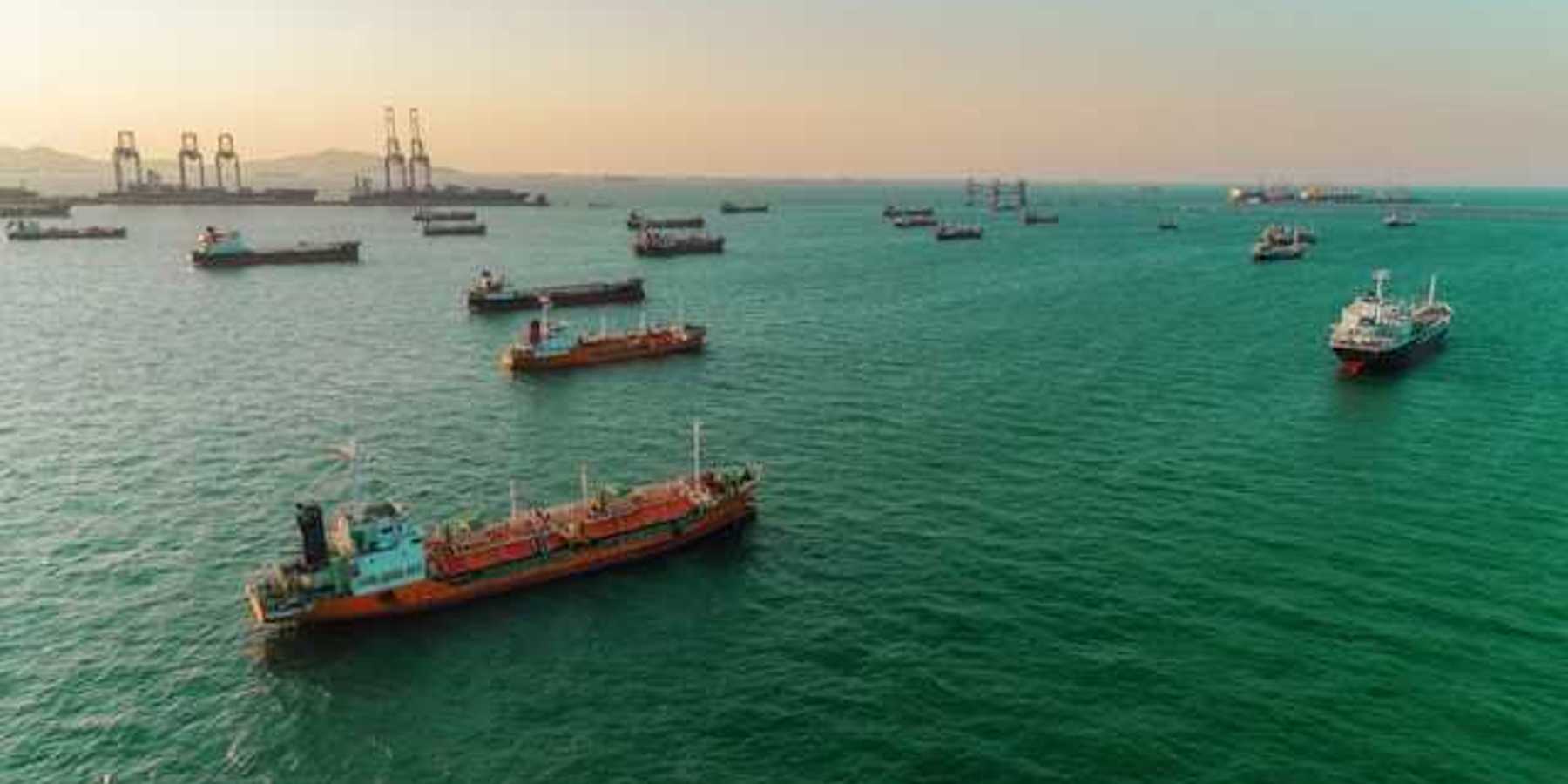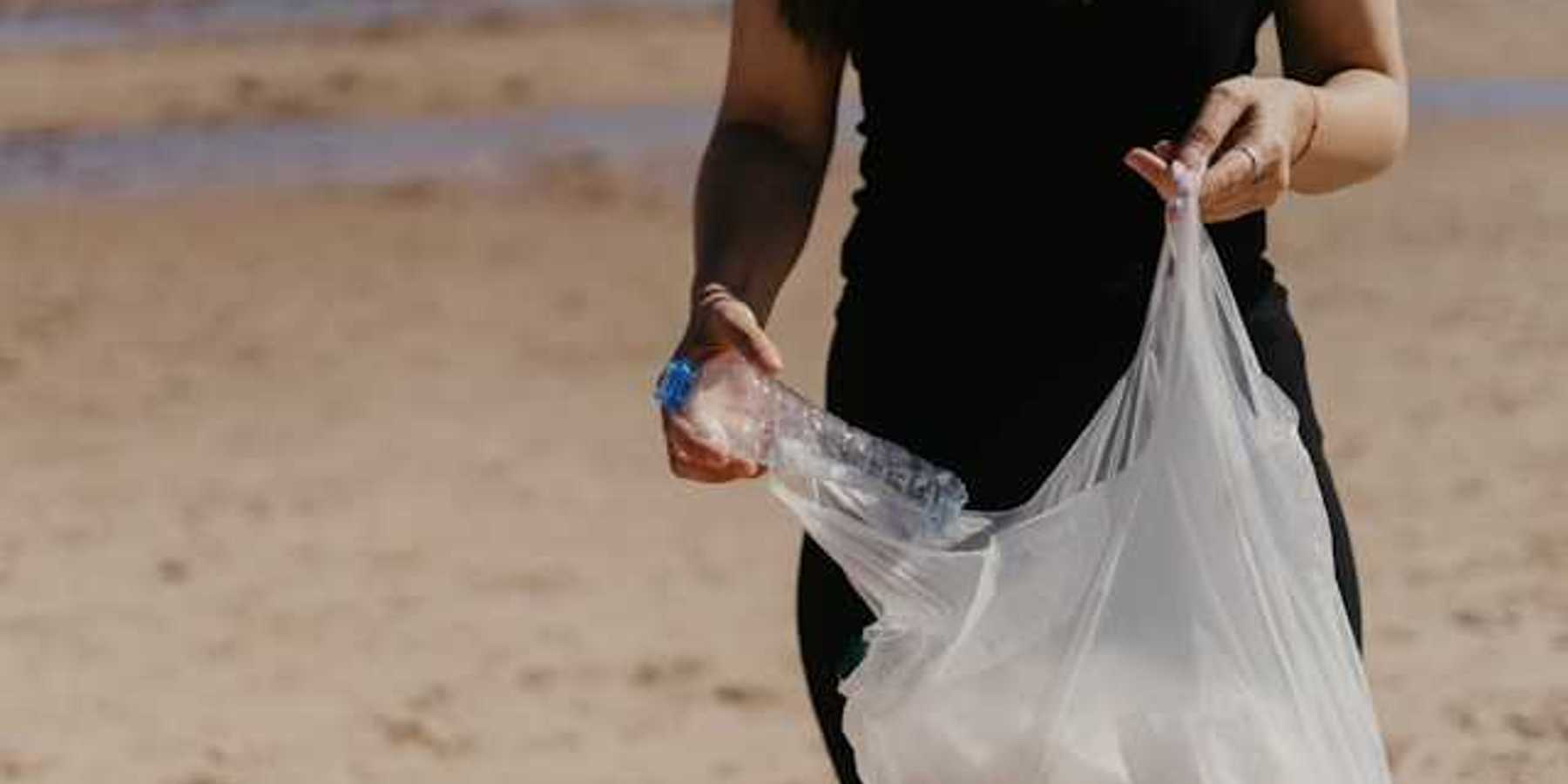Fracking for oil and gas is devouring American groundwater
Hiroko Tabuchi and Blacki Migliozzi share a New York Times analysis showing that increasingly complex oil and gas wells now require astonishing volumes of water to fracture the bedrock and release fossil fuels, threatening America’s fragile aquifers.
In a nutshell:
In Texas, the oil and gas industry's thirst for water, driven by fracking operations, has reached alarming levels. Over the past decade, oil and gas operators, including BP, EOG, and Chevron, have reported using approximately 1.5 trillion gallons of water, much of it from already strained aquifers. "Monster fracks," which demand immense quantities of water, have become commonplace, accounting for nearly two-thirds of fracking wells in Texas, Tabuchi and Migliozzi report. This surge in water usage exacerbates concerns about dwindling groundwater supplies: The story notes that groundwater depletion is expected to reach one-third by 2070, and droughts are becoming more frequent due to climate change.
Key quote:
“They’re the newcomers, a new sector that burst onto the scene and is heavily reliant on the aquifers,” said Peter Knappett, an associate professor in hydrogeology at Texas A&M University, referring to fracking companies. “And they could be pumping for several decades from aquifers that are already over-exploited and already experiencing long-term declines.”
The big picture:
The extensive utilization of groundwater by the fracking industry raises several pressing concerns. From a health perspective, potential contamination of drinking water sources by fracking chemicals poses risks to nearby communities. This can lead to long-term health problems and demands rigorous monitoring. On the environmental front, the excessive water usage contributes to aquifer depletion, exacerbating water scarcity in regions already grappling with droughts. The unequal distribution of the environmental burden also raises justice concerns, as marginalized communities often bear the brunt of these impacts, highlighting the need for equitable resource management and regulatory measures.
Read the article at The New York Times.
Be sure to read Kristina Marusic's piece about how the “Halliburton Loophole” lets fracking companies pollute water with no oversight. Marusic reports regularly on the fracking industry for EHN.













